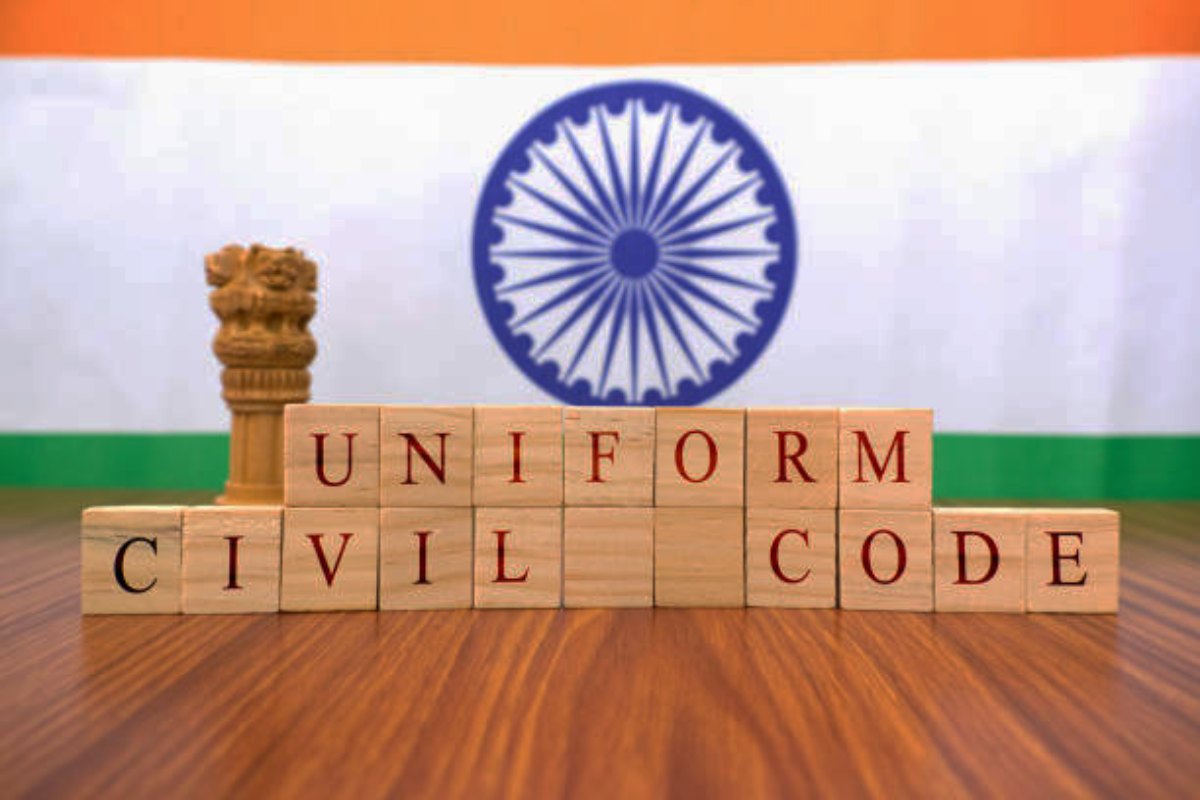The Bharatiya Janata Party’s (BJP) manifesto for the Jharkhand elections reveals a strategic focus on identity politics, with promises targeted specifically at tribal communities amid concerns over alleged demographic changes in the state. By promising to exempt tribals from the proposed Uniform Civil Code (UCC) and reclaim tribal lands reportedly taken by “infiltrators,” the BJP has centred its campaign on safeguarding local identities and addressing anxieties about cultural erosion. This approach raises important questions about the party’s electoral strategy in regions where preserving traditional structures and community autonomy remains a priority.
The promise to shield tribals from the UCC, while advancing the policy elsewhere, reflects an attempt by the BJP to reconcile its national vision of uniformity in personal laws with the distinct cultural practices of Adivasi communities. For many tribal societies, traditional governance and social structures are not only symbols of their identity but also the foundation of their social fabric. The assurance of an exemption suggests that the BJP is aware of the potential backlash that a uniform civil code might provoke within tribal constituencies, whose unique laws and customs are often incompatible with a standardised civil law framework. By pledging to secure tribal lands and prevent non-tribals from gaining tribal status through marriage, the BJP is tapping into long-standing fears about resource encroachment and demographic shifts.
Advertisement
Allegations of Bangladeshi infiltration have increasingly featured in BJP campaign rhetoric, painting a picture of tribal resources under threat from outsiders. This narrative positions the party as a defender of tribal rights against an external, often foreign, presence ~ a strategy that has found some resonance in areas where cultural and re – source-based concerns are high. However, critics argue that the BJP’s focus on infiltration may risk deepening divisions by framing demographic concerns in terms that can exacerbate communal tensions.
The narrative surrounding “infiltrators” could alienate communities and inflame insecurities, particularly when broader socio-economic issues affecting Jharkhand remain pressing. Detractors suggest that a campaign heavily focused on identity and security issues might neglect core developmental needs ~ employment, infrastructure, and healthcare ~ that are central to many Jharkhand residents’ day-to-day concerns. Moreover, while promises of exemptions from the UCC and land protection may appeal to certain tribal sentiments, they raise questions about whether the focus on identity and culture is a substitute for more concrete socio-economic strategies.
Promising benefits like subsidised LPG and direct cash transfers to women is an attempt to address economic issues. However, when paired with the overwhelming focus on cultural and demographic anxieties, the BJP’s strategy may be perceived as prioritising emotional appeals over substantive plans to improve livelihoods. In sum, the BJP’s manifesto reflects a dual-pronged approach: affirming the party’s commitment to its national policies while showing sensitivity to local cultures in ways that resonate with voter concerns. Whether this identity-centric approach will translate into electoral gains in Jharkhand depends on voters’ reception to this blend of security and welfare appeals.
